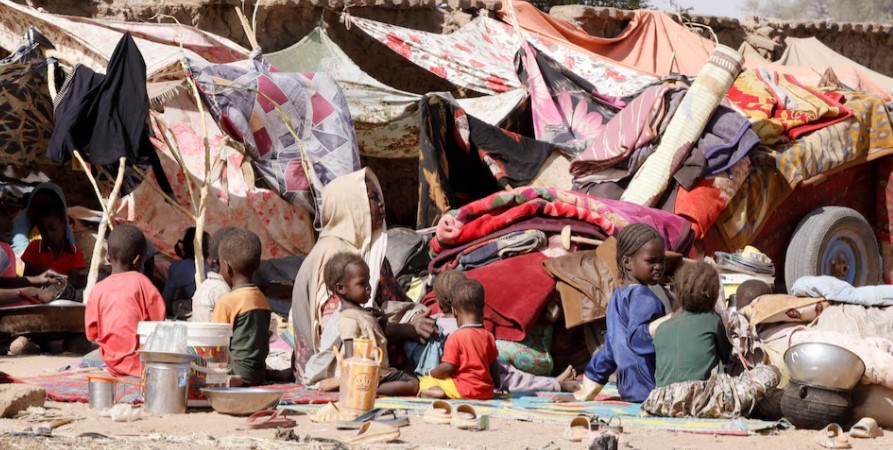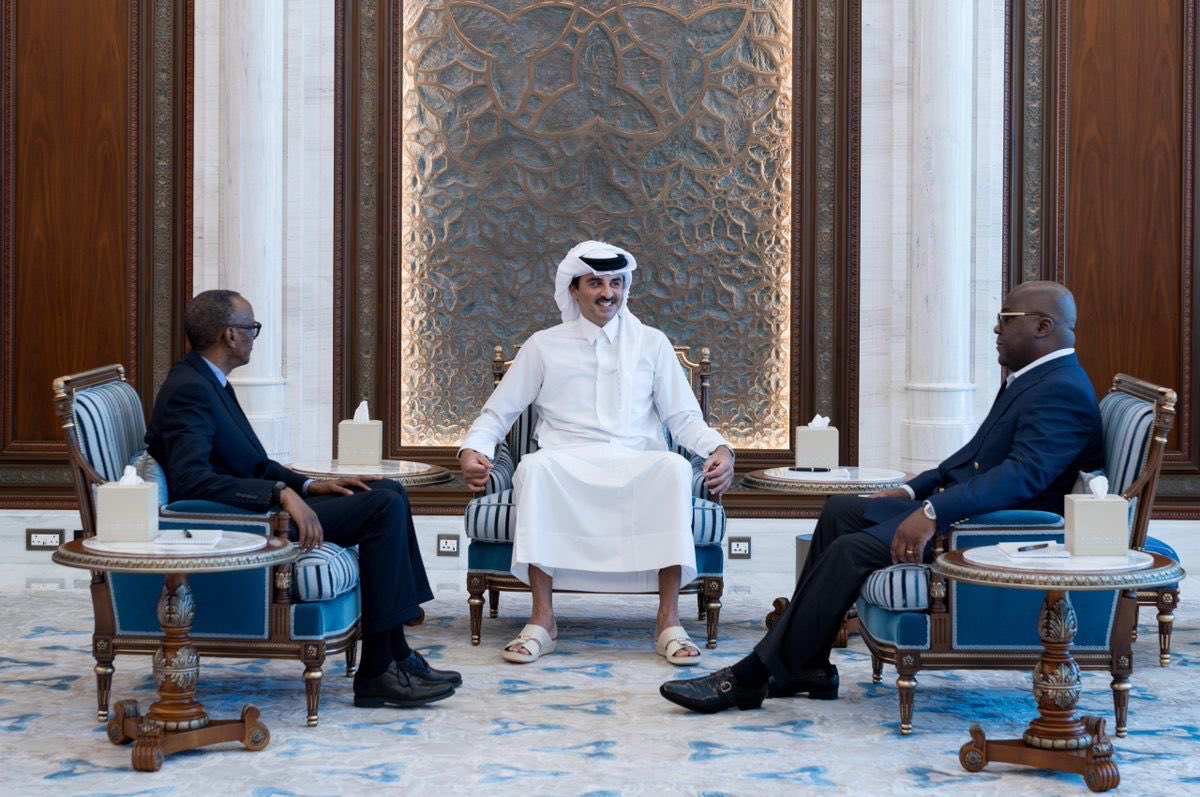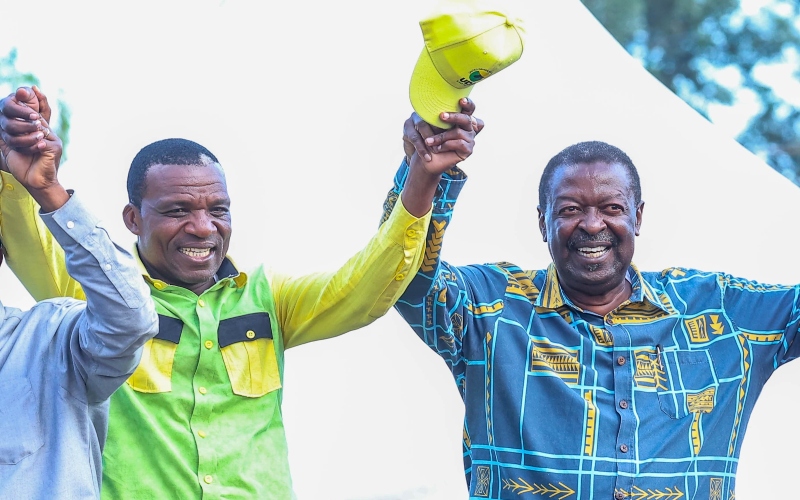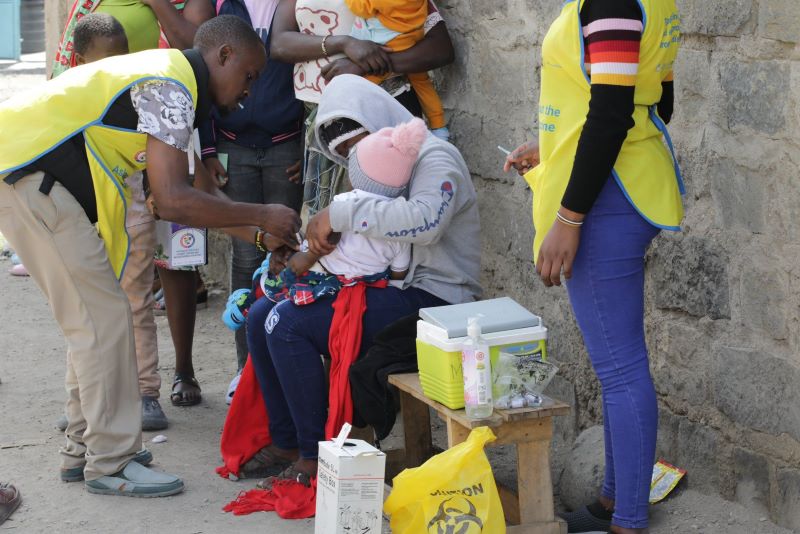North Darfur crisis deepens: Over 480 civilians killed as violence, displacement surge

Worryingly, attacks based on ethnicity are returning in parts of Darfur, echoing the horrors of the 2003 conflict that also left tens of thousands dead.
For many families in Sudan’s North Darfur, each day begins and ends with fear. In the past two weeks alone, more than 480 people have been killed, according to the United Nations.
The violence is sweeping through displacement camps and cities where people had already been forced to flee from danger before now, and many have nowhere left to go.
More To Read
- Mass displacement, trafficking fears deepen crisis in Sudan’s El Fasher
- Sudanese army says it repelled paramilitary forces' attack after unilateral truce declaration
- Sudan ceasefire bid in limbo as army chief Abdel Fattah rejects Trump proposal while RSF agrees
- Sudan’s RSF declares three-month ceasefire amid backlash over civilian attacks
- Why UN’s gradual move back to Khartoum, Sudan is ‘an important step’
- Sudan military leader Burhan rejects US-led ceasefire plan, accuses Quad of favouring RSF
The United Nations (UN) on Friday confirmed that at least 481 civilians lost their lives between April 10 and April 25 in North Darfur.
"The actual number is likely much higher," the agency warned in a statement Friday, as the region becomes one of the most dangerous places in Sudan’s ongoing war.
The fighting between the Sudanese army, led by General Abdel Fattah al-Burhan, and the paramilitary Rapid Support Forces (RSF), headed by Mohamed Hamdan Daglo ‘Hemedti’, has turned towns and camps into battlegrounds.
Since the war broke out in April 2023, families have been caught in the crossfire, often with little time to escape.
Zamzam displacement camp
Among the dead are at least 210 people, including nine medical workers, who were killed between April 11 and 13 in Zamzam displacement camp, a place meant to be a refuge.
The UN also recorded the deaths of 129 civilians between Sunday and Thursday this week in El Fasher city, Um Kedada district, and Abu Shouk displacement camp.
But the violence isn’t the only threat. Some people are dying on long journeys trying to escape, others inside detention sites.
“Dozens of people were reported to have died due to lack of food, water and medical care” either in RSF-run facilities or while walking for days under harsh conditions, the UN said.
Thousands who had already lost everything once are now running again, families walking without shelter, mothers trying to comfort hungry children, and injured people left without help.
Hunger crisis
The war has caused what aid agencies are calling the largest displacement and hunger crisis in the world today.
In North Darfur alone, hundreds of thousands of people have been displaced again.
Other Topics To Read
“The displaced face dire conditions amid continued restrictions on access to lifesaving humanitarian assistance,” the UN said, noting that blocked aid routes are cutting off people from even the most basic help.
Worryingly, attacks based on ethnicity are returning in parts of Darfur, echoing the horrors of the 2003 conflict that also left tens of thousands dead.
“Ethnically motivated attacks targeting specific communities” are happening again, the UN rights office said.
UN High Commissioner for Human Rights Volker Turk called the scenes unfolding in North Darfur heartbreaking.
“The rising number of civilian casualties and the widespread reports of sexual violence are horrifying,” he said.
His office received accounts of people being taken from the Zamzam camp.
“We have heard accounts of people being abducted from Zamzam IDP camp and of women, girls and boys being raped or gang raped there or as they tried to escape the attacks,” Turk said.
He also raised the alarm over repeated attacks on aid workers and doctors.
“The systems to assist victims in many areas are on the verge of collapse, medical workers are themselves under threat, and even water sources have been deliberately attacked,” he said.
With each day, the suffering grows, and for families still trapped in the camps, the future is uncertain, and help remains out of reach.
“The suffering of the Sudanese people is hard to imagine, harder to comprehend and simply impossible to accept,” Turk said.
Top Stories Today












































